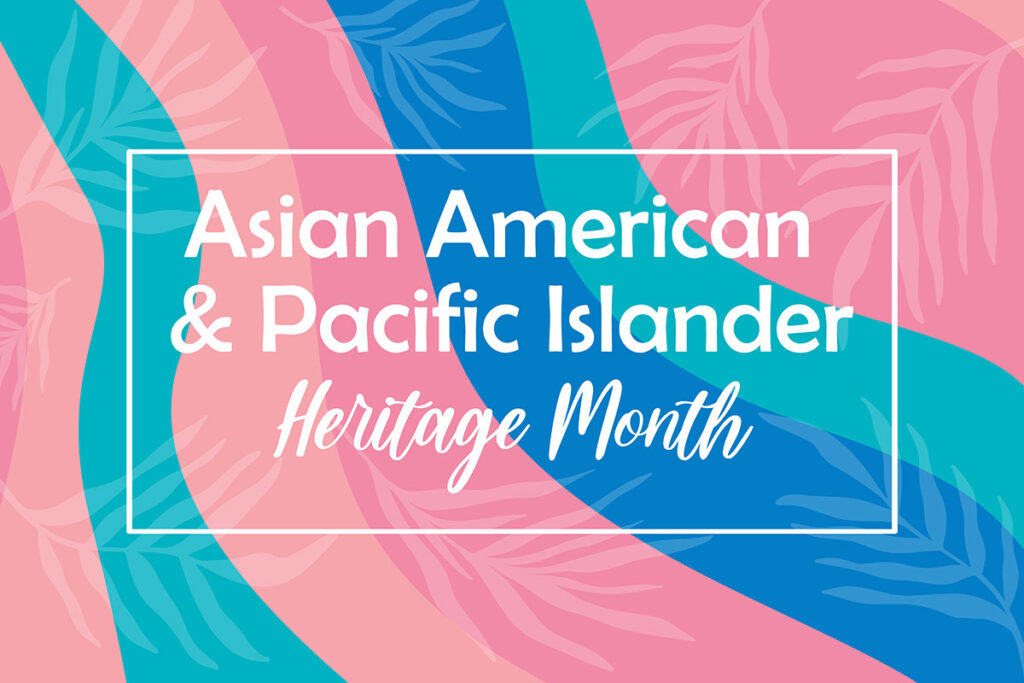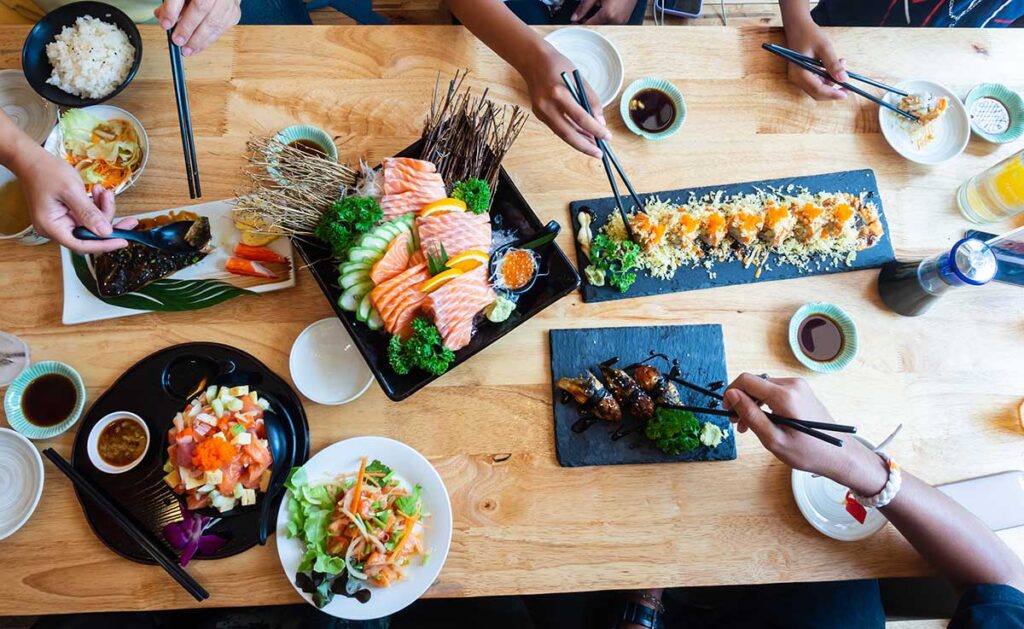
May is Asian American and Pacific Islander Heritage Month (AAPI), where we celebrate the diverse and rich cultures of Asian and Pacific Islander communities in the United States. Today’s blog will explore this month’s history and how you can support and celebrate these beautiful communities this May. Without further ado, let’s dive into the history behind AAPI Month!
History
AAPI month was proposed initially as Asian American and Pacific Islander Heritage Week in 1977 by Representative Frank Horton of New York. The same year Senator Daniel Inouye introduced a similar resolution called Joint Senate Resolution 72.
Neither of these resolutions passed, but in May 1992, Congress passed Public Law 102-450 designating May as Asian/Pacific American Heritage Month. This is a very brief history of how this month came to pass. For the complete legislative breakdown, check out asianpacificheritage.gov
Why the Month of May?
May was chosen to commemorate the immigration of the first Japanese to the United States on May 7, 1843, and to mark the anniversary of the transcontinental railroad’s completion on May 10, 1869, which many of us learned in school, was built primarily by Chinese immigrants.
How to Honor/Celebrate AAPI Heritage Month
Support AAPI Businesses
This one is not just for May but for all year round. Check out this list of AAPI-owned businesses that you can support nationwide.
For local AAPI businesses, check if your city has an Asian/Pacific Islander chamber of commerce. Your local chamber of commerce will have a plethora of resources. Yelp is also an excellent resource for discovering AAPI businesses in your area.

Explore AAPI Restaurants/ Culinary Scenes
Discovering a culture through their food is an entirely different experience. Trying new foods helps those businesses, and your taste buds will thank you.
Food Tours
If you live close to a metropolitan area, try a food tour. The food tour company often offers guided or self-guided tours through your local Chinatown or Asian community, depending on where you live. For example, you may have a Japan Town, Korea Town, or Little Saigon that you have never explored.
Can’t find a food tour company in your area? Go out and explore your Asian community yourself or with a group of friends. For example, have one friend pick a place for drinks and appetizers, one for the entrée, one for dessert, and one for after-dinner drinks. Ideally, making it a walking tour will let you explore the area. This can become a fun new tradition for you and your friends.
AAPI Cooking Classes
Many recreational/community centers offer cooking classes. Check out your local center to see if they offer special AAPI Heritage Month classes. Eventbrite is also an excellent place to check for cooking classes in your area.
Attend Community Events or Celebrations
Many cities/towns will have an AAPI Heritage Month parade or festival. Check with your city’s official website or the local Asian/Pacific Chamber of Commerce to see if there will be a celebration in your area.
Attending a community event doesn’t only apply to this month. For example, attend a Lunar New Year parade or see if your city has other cultural festivals. For instance, did you know our home city, Las Vegas, Nevada, has a big Hawaiian and Pacific Islander community? Las Vegas is lovingly referred to as the 9th Island (The state of Hawaii is composed of 8 islands). Every year, multiple Polynesian festivals are held in the spring, with food, music, dancing, and entertainment for everyone to enjoy, all while celebrating and embracing Polynesian culture and heritage.

Education
Although this may not be accessible to everyone, museums are a great way to learn about Asian and Pacific Island cultures. For example, our customers in Dallas, Texas, consider exploring the Crow Museum of Asian Art, and our customers in Houston may want to explore the Asia Society Texas Museum.
Reading books about AAPI Heritage is a great way to educate yourself and your family, from YA to Children’s books and nonfiction.
Allyship
When the COVID-19 Pandemic struck the world in 2020, the United States witnessed a dramatic increase in racism and violence against Asian immigrants, Asian Americans, and the Pacific Islander community.
People nationwide began reaching out to their AAPI community and community leaders to show their love and support, solidifying that hatred will not win. Many ask the same questions “How can we help? How can we be an ally to the AAPI community?”.
Thankfully, there are quite a few resources to choose from:
- Being an Ally for the Asian American and Pacific Islander (AAPI) Community – University of Arkansas
- Be an Ally: How to Help Fight Anti-Asian Racism and Xenophobia – Boston University
- Stop AAPI Hate – 501(c)(3) nonprofit organization that runs the Stop AAPI Hate Reporting Center, working with AAPI Equity Alliance (AAPI Equity), Chinese for Affirmative Action (CAA), and the Asian American Studies Department of San Francisco State University.
- OCA–Asian Pacific American Advocates – 501(c)(3) national member-driven nonprofit based in Washington, D.C.
There are many ways to celebrate AAPI Heritage Month this May, and we hoped this blog was a good starting point. Happy Asian American and Pacific Islander Heritage Month!
High-interest loans can be expensive and should be used only for short-term financial needs, not long-term solutions. Customers with credit difficulties should seek credit counseling. The opinions expressed above are solely the author’s views and may or may not reflect the opinions and beliefs of the website or its affiliates. Cash Factory USA does not provide financial advice.
Image(s) or Footage (as applicable), used under license from Shutterstock.com.